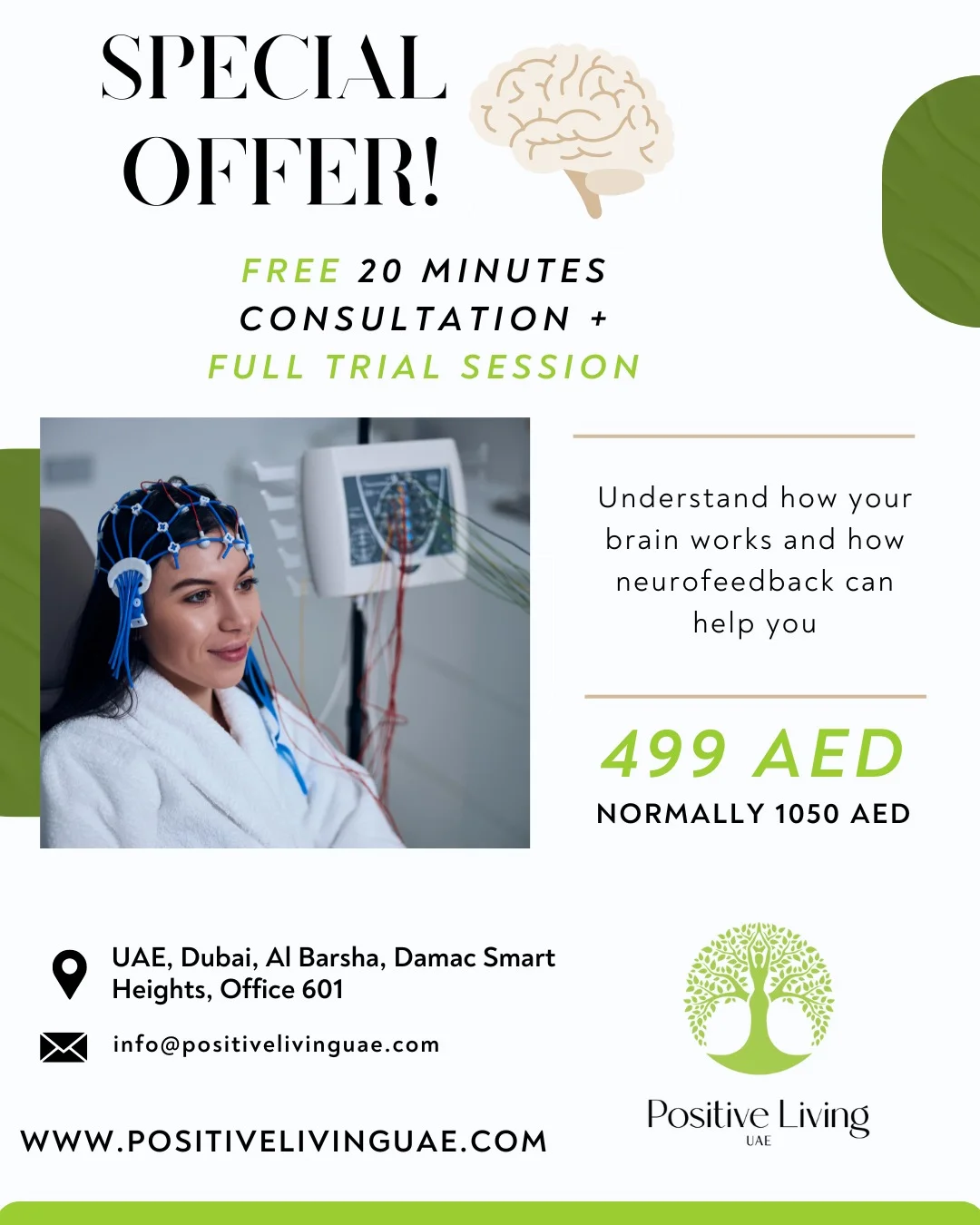Hypnosis serves as a valuable complementary therapy for addressing various addictive behaviors. Nevertheless, its efficacy can be subject to individual differences, necessitating the parallel inclusion of psychotherapy sessions for some individuals. At Positive Living UAE, our approach to tackling addictive behaviors is tailored to the specific nature of the addiction. For instances like alcohol and drug addictions, we advocate the combined use of both Clinical Hypnosis and Psychotherapy Sessions. It’s important to note that hypnosis is not a standalone treatment but rather a crucial component within a comprehensive approach, particularly suited for addressing more challenging conditions.



